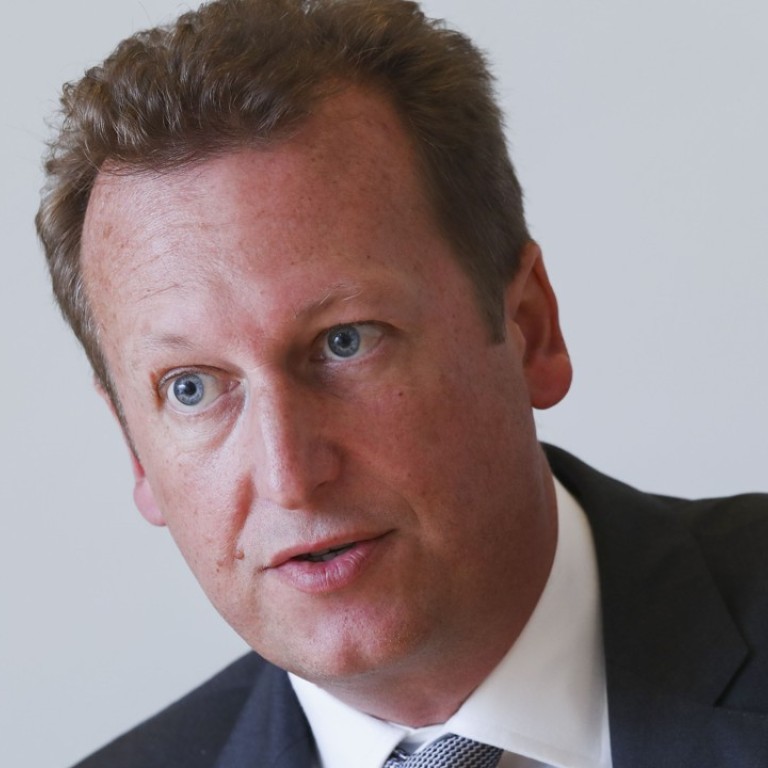
From vultures to value generators attitudes to private equity changes in Japan
Japanese government’s desire for efficiency boosting private equity funds
Japan is set to be a major market for private equity following a cultural shift among the country’s investors, companies and government bodies.
“Today, the Japanese government increasingly sees private equity as a positive influencer, whereas 10 years ago it was different,” said Alex Emery, head of Asia at private equity firm Permira.
“Then private equity funds were referred to as vulture funds, hagetaka in Japanese, but now, that expression is no longer used, and private equity funds, at least those that have been in the market for a while and have proven themselves, are accepted as good counterparts.”
Permira is an example of this. Earlier this year it sold much of its stake in Sushiro, a sushi chain, in a US$615 million initial public offering, and sold the rest in September, as the chain announced a merger with a competitor.
“The government realises that there needs to be a stronger corporate culture of returns on equity, which means share prices need to go up, and that means businesses need to perform better,” said Emery.
“What was a cosy relationship between management, shareholders and the government where no one wanted to rock the boat has changed under the [Shinzo] Abe government.”
Emery will speak at the three-day annual AVCJ Private Equity and Venture Forum in Hong Kong starting on November 14.
Permira’s competitors have been active in Japan as well.
In 2016, there were 64 private equity deals in Japan, an increase of 58 per cent from between 2011 and 2015, according to data from PE giant Bain Capital.
As well as this cultural shift, underlying economic trends are supportive for private equity investors.
“Productivity of many Japanese businesses is significantly lower than their US and European peers. There is considerable room for streamlining resources and achieving greater productivity,” said Hideo Norikoshi, Asia-Pacific chairman of law firm Baker McKenzie’s M&A practice.
“Japanese businesses have also traditionally been undervalued in the market, which may provide relatively easy opportunities for professional or financial investors.”
There is still a long way to go however,
“Japan is a market that has tended to take longer to develop than people expected,” said Emery, “and PE penetration there is still a lower penetration level than other mature markets.”
“I’m not saying Japan is going to be the biggest private equity market overnight, but it will converge with other markets over time.”
Japan is not the only Asian market that is seeing a shift in behaviour when it comes to private equity.
“China for a long time was mainly a minority market [where PE funds were only able to hold small stakes in companies in which they had invested], but now, we are seeing more founders and entrepreneurs consider larger stake sales or even majority sales,” said Emery.

